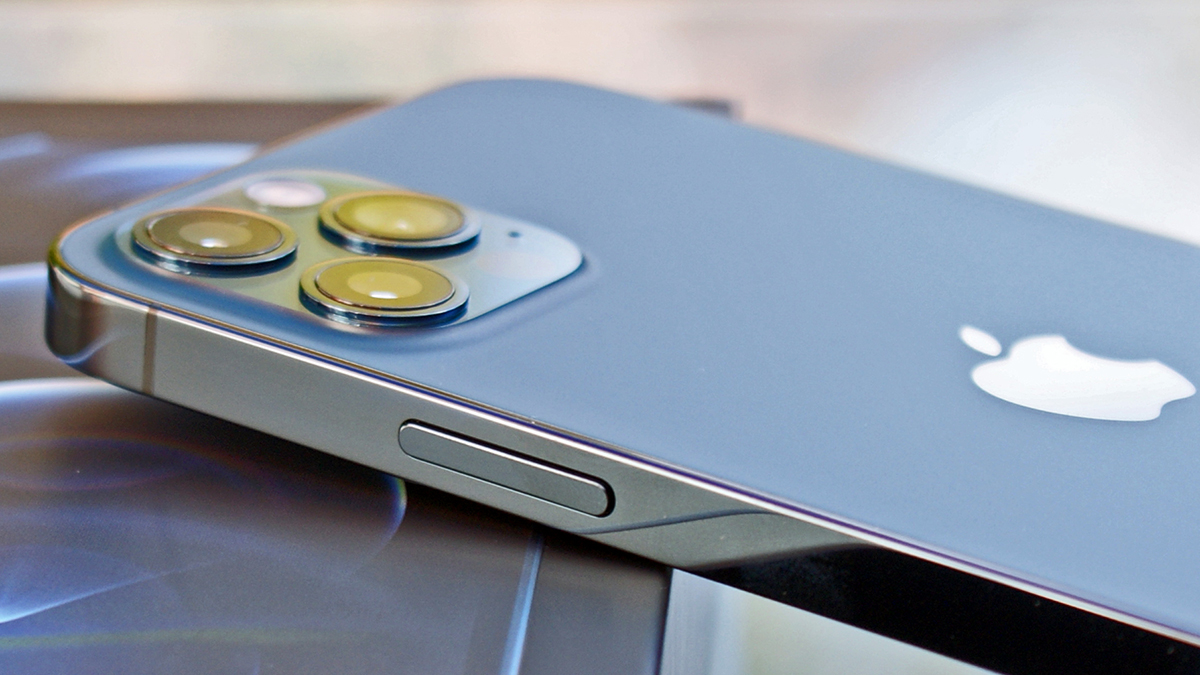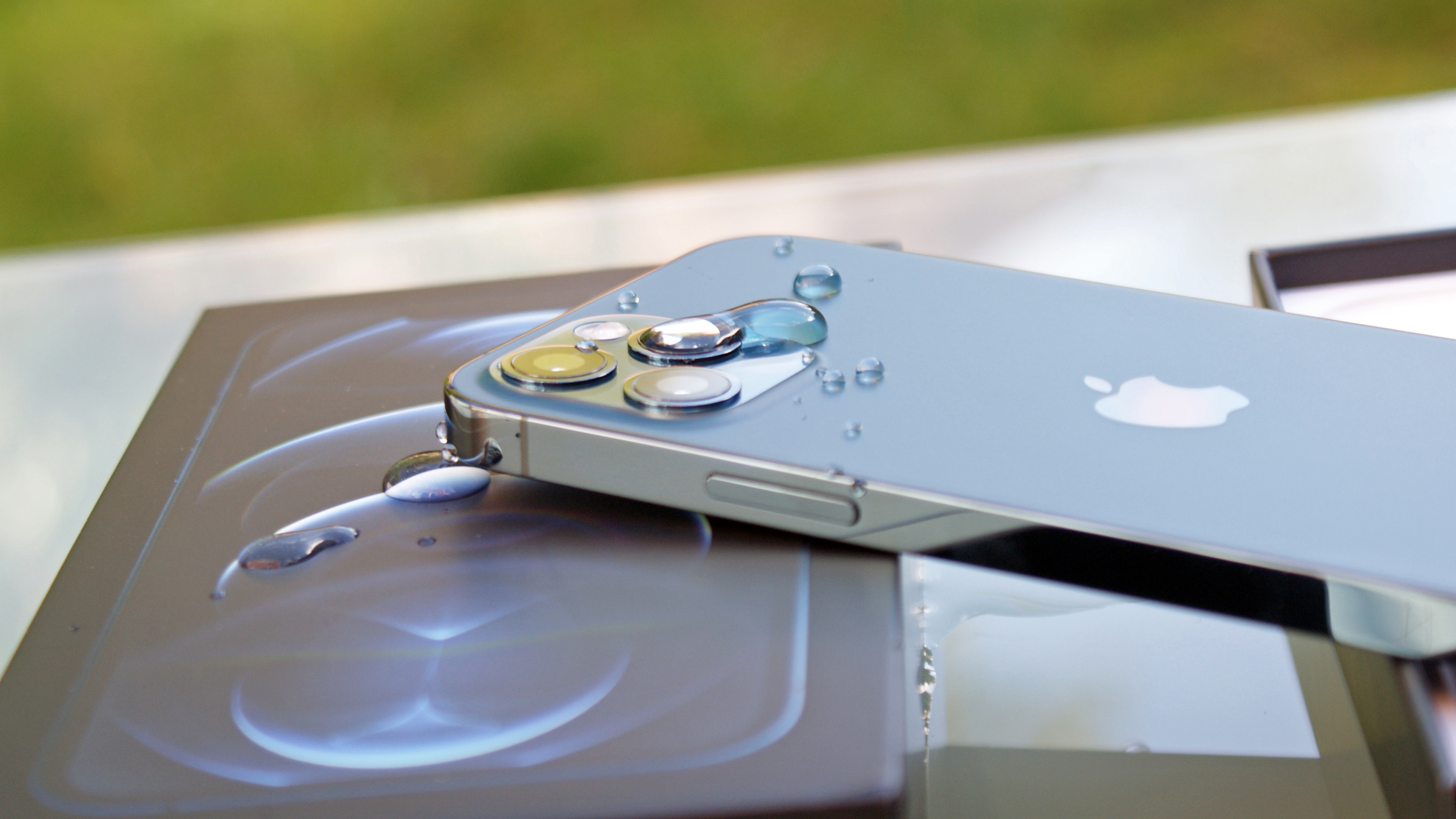iPhone 14 Pro could be the most rugged mainstream smartphone yet
Titanium trumps stainless steel

The iPhone 12 Pro and iPhone 11 Pro ranges have stainless steel frames, as probably will the iPhone 13 Pro and 13 Pro Max, but for the iPhone 14 Pro, Apple might switch to a titanium alloy.
That’s according to a note from JP Morgan Chase, seen by Apple Insider, and it would be the first time titanium alloy has been used in an iPhone – though other Apple products such as some Apple Watch models and the physical Apple Card have used it.
So why the change? While we can’t be certain of Apple’s reasoning, titanium is much stronger than most metals, including stainless steel, as well as being lighter. So that could allow the iPhone 14 Pro and iPhone 14 Pro Max to be more durable, while also being lighter – which would be especially beneficial for the large iPhone 14 Pro Max.
- Check out all the best iPhones
- Grab some of the best free iPhone apps
- These are the best free iPhone games
As Apple Insider notes, titanium on its own can be prone to fingerprints and have an unattractive finish, but by using an alloy Apple would likely be able to avoid these problems. We certainly can’t imagine the company would launch an ugly handset.
Beyond this, the note from JP Morgan Chase also claimed that there will be more changes to the interior of the iPhone 14 range than we’ll see from the iPhone 13 series, with next year’s phones apparently set to pack features that will drive more sales than normal.
Finally, the note echoes claims that there won’t be an iPhone 14 mini, with two 6.1-inch models and two 6.7-inch models offered instead. As always with leaks – especially ones this early – we’d take all of this with a pinch of salt, but this comes from a source with a solid track record, so this information might well be right.

Analysis: Apple might be quietly building a rugged phone
With rare exceptions you don’t find titanium in smartphones, so if Apple does start using it then its phones could be tougher than the competition. But in a lot of ways they already are.
Get daily insight, inspiration and deals in your inbox
Sign up for breaking news, reviews, opinion, top tech deals, and more.
With the iPhone 12 range for example the company included Ceramic Shield – a form of screen protection which supposedly offers four times better drop protection than anything found on previous iPhones, and better protection than you’ll get on most other phones too.
So if Apple sticks with that (or improves on it) then the iPhone 14 Pro range could have tough screens and tough frames.
Plus, while Apple doesn’t shout about this, it’s also been offering better water resistance on many of its phones than rivals for years now, with the iPhone 12 range allowing you to safely submerge your handset up to 6 meters deep for 30 minutes, while even other premium phones usually top out at 1.5 meters.
These are all welcome features, especially given how expensive most iPhones are, and how fragile a typical smartphone is. And while these aren’t quite true rugged handsets, they seem to be getting ever closer to being, all without sacrificing specs or form factor.
- When will we see an iPhone SE 3?
Via GSMArena
James is a freelance phones, tablets and wearables writer and sub-editor at TechRadar. He has a love for everything ‘smart’, from watches to lights, and can often be found arguing with AI assistants or drowning in the latest apps. James also contributes to 3G.co.uk, 4G.co.uk and 5G.co.uk and has written for T3, Digital Camera World, Clarity Media and others, with work on the web, in print and on TV.